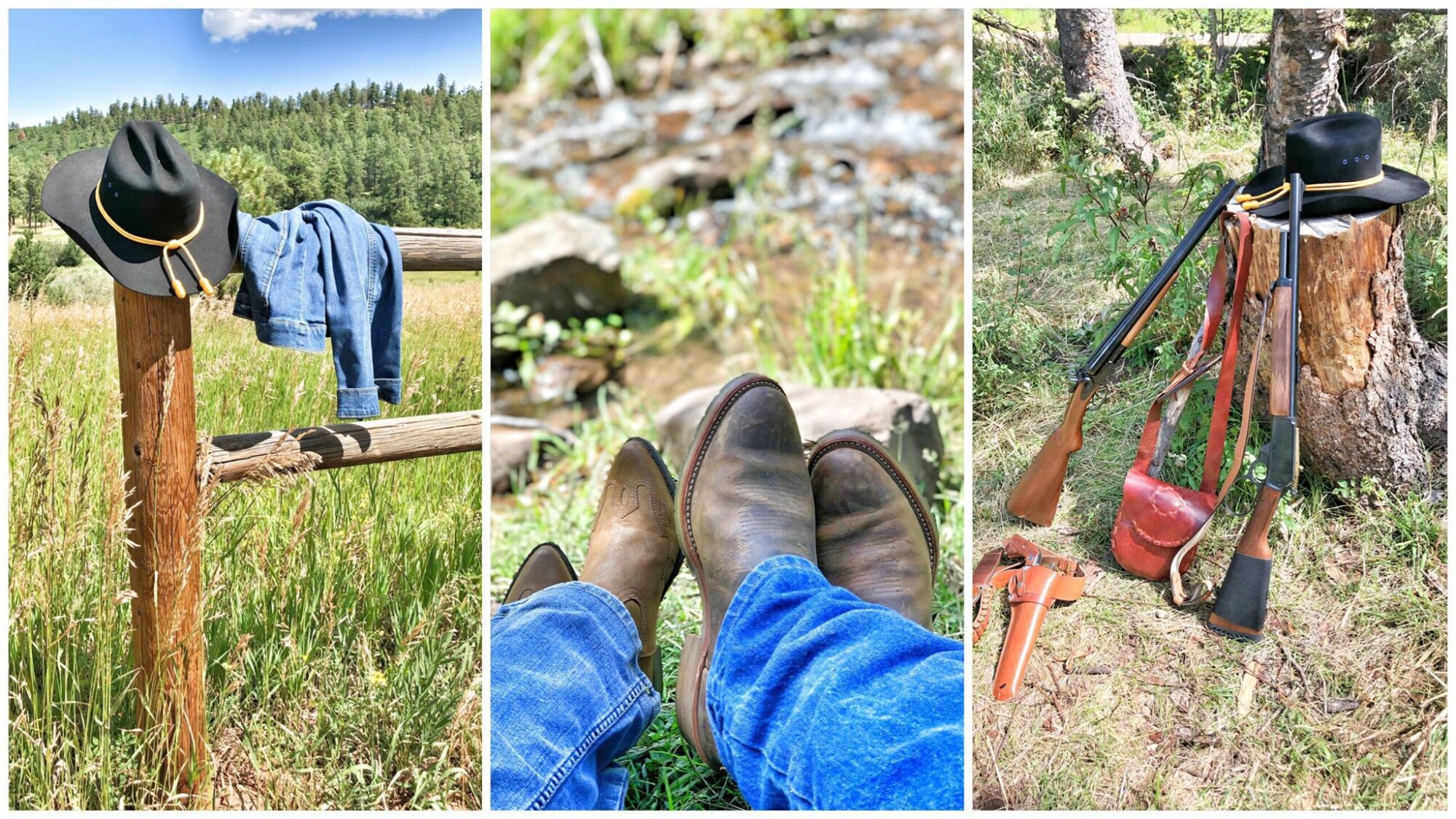
The Most Crucial Tool You Didn't Know You Needed
Imagine you find yourself lost in the woods. The sun is setting, and panic starts to nibble at the edges of your mind. How do you ensure that this fear doesn’t spiral into a full-blown crisis?
The answer doesn’t lie in your gear, but rather in your mindset. Of all the many facets of preparedness and survival, the psychological aspect is probably the single most important. No matter what you are working on or with, the mental aspect plays a huge role.
Managing Panic Through Mindful Actions
When you realize you're lost, the initial surge of fear is natural. Yet, it’s essential to harness that energy constructively. Stop moving, sit down, breathe and try to relax a bit. Once you are at least centered, you can take better stock of your physical and mental situation. Gather materials and build a small fire. Not only will this occupy your mind and keep you from becoming even more lost, the act of taking control of even the smallest aspect of our situation keeps us functioning at higher than a base level. This is like evolution/survival psych 101.
By focusing on actionable tasks, such as gathering materials for a fire, you prevent your mind from spiraling into negative “what-ifs.” You transform a vulnerable situation into one where you exert control, reinforcing your ability to manage the situation.
Training Your Mind for Survival
In the military and law enforcement worlds, you are taught to “train the way you fight, fight the way you train.” In simplistic terms, by training your mind and body to do the same thing time and time again in coordination, you are essentially creating a (slightly misnamed) “muscle memory,” i.e., your training takes over and you do things without going into a paralysis by analysis mode.
This principle applies to survival scenarios. Consistent practice of survival skills under controlled conditions can prepare your mind to respond effectively under stress, minimizing the debilitating effects of panic.
Balancing Motivation with Realism
A positive mindset is crucial in survival situations, but it must be balanced with realism. Angie really likes the phrase “manifest that shit!” It’s a great philosophy, imagine it to be and so it shall be. A word of warning to this point though. While it is extremely important to not let the negative thoughts take control, and to have a sense of purpose, do NOT become so fixated on whatever positive motivator that it now becomes your downfall.
Inspiration is key, but avoid becoming so obsessed with a particular outcome or motivator that it blinds you to reality. In the show "Alone," contestants often start strong, motivated by photos of loved ones. Yet, this attachment can transform from a source of strength into a psychological burden, leading to premature withdrawal from the game. In real-life survival scenarios, returning to comfort isn't an option, making psychological balance even more critical.
Conclusion
Psychological preparedness is not just a tool for survival; it's the foundation upon which all other skills build. By training your mind, managing stress constructively, and maintaining a balanced mindset, you increase your chances of thriving in challenging environments.
Practice and improve your survival skills regularly. The more you prepare, the more resilient you become, both mentally and physically. Remember, your greatest survival tool is right between your ears. It's time to hone it.

















0 Comments